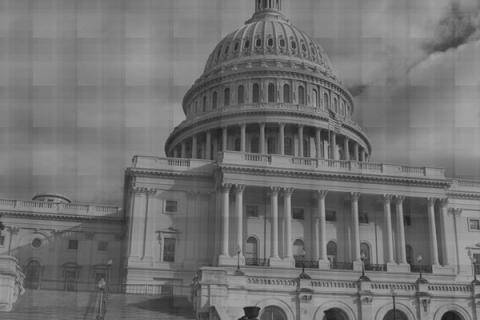 Greed is a big theme in this election. It’s easy to blame this on politicians, but they are playing to the prevailing mindset of voters. Psychologists did much to create that entitlement mindset. Modern psychology spins rationalizations that support the politics of greed, helping people feel good about their own greed by pointing to the greed of others.
Greed is a big theme in this election. It’s easy to blame this on politicians, but they are playing to the prevailing mindset of voters. Psychologists did much to create that entitlement mindset. Modern psychology spins rationalizations that support the politics of greed, helping people feel good about their own greed by pointing to the greed of others.
The most egregious example is what psychologists call the “ultimatum game.” Researchers give a laboratory subject a cash gift of ten dollars, and the right to decide how much of it to share with another subject. The second participant can veto the whole deal if he doesn’t like the offer, and no one gets anything. Research shows that people tend to veto a three-dollar offer. They will pass up three bucks for the pleasure of depriving someone else of seven.
To me, this is greed. If you’ll spend money to stick it to someone who has more than you, I think it stinks. But psychologists think it’s “equity.” They flaunt the ultimatum game as evidence of a basic human urge for fairness. You can’t study psychology these days without being treated to the idea that it’s “fair” to deprive others of what they have unless they hand over a big chunk of it to you.
Most people would see the flaw in this thinking if their child acted this way. If your kid threw a tantrum when his brother got a seven-dollar gift, letting his three-dollar gift fly in the wind, you would not praise that kid for his sense of justice. You would (hopefully) take him in hand and teach him to focus on his own path instead of preoccupying himself taking inventory for others.
Where I live in Berkeley, California, everyone would applaud a $3 contribution to the cause of taking from someone with more. People here rage about bankers, yet they thrill at the chance to cheat a bank in any way possible. They love to talk about the injustices of “the system,” and feel entitled to break the rules whenever they can.
Feelings of injustice are natural. All mammals have a sense that the big guys are grabbing more of the carcass, and that their own grabs are small potatoes in contrast. The mammal brain creates feelings of relative deprivation because it constantly compares itself to others. But such feelings do not exempt you from the law. In a democracy, the law applies to everyone. You do not get to put yourself above the law, even though you can rationalize it with polysyllabic constructions about injustice.
Anyone can justify their own greed by pointing to the misdeeds of others. If a child did that, you would recognize it as an immature impulse, not a model of civic duty. Psychologists and politicians might appeal to your primitive impulses because it advances their careers. They help you dress your naked greed in the cloak of the greater good. But as an adult, you might reject the politics of greed and define civility for yourself.
Here in Berkeley, people love to declaim on civility, but uncivilized behavior is notoriously common. Our iconic supermarket, the “Berkeley Bowl,” is known as the "Berkeley Brawl" because of recurring behavior in the aisles and the parking lot. (LA Times: Where the Nuts Are Off the Shelf) Chaos would reign if we were all free to exempt ourselves from the rules whenever we felt frustrated. Being a citizen in a democracy requires more of you than being a mammal in herd. You get a lot in exchange, however, because the rule of law protects you from the law of the jungle.
More information about the impulses of the mammal brain can be found at my website, imammalthebook.com.
